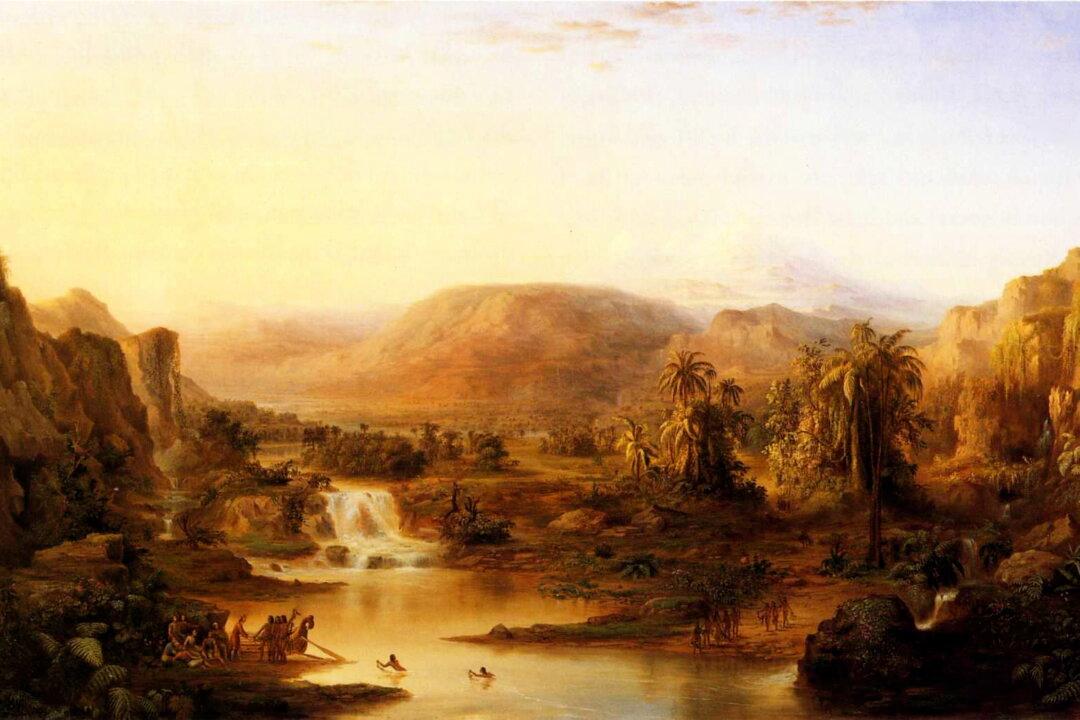In Part 1 of this series of articles, we introduced the nine types of personality that constitute the Enneagram and invited you to consider what your own number type is. But we also said that the “Odyssey,” through its narrative, reveals the Enneagram numbers as challenges to Odysseus and that in each case he had to overcome it. How he overcomes each number is indicative of how each of us, perhaps, might also overcome our own besetting “deadly sin.”
Odysseus encounters the sins in reverse order, so starting at type Nine, we travel round with Odysseus until at last we encounter the sin of type One.






